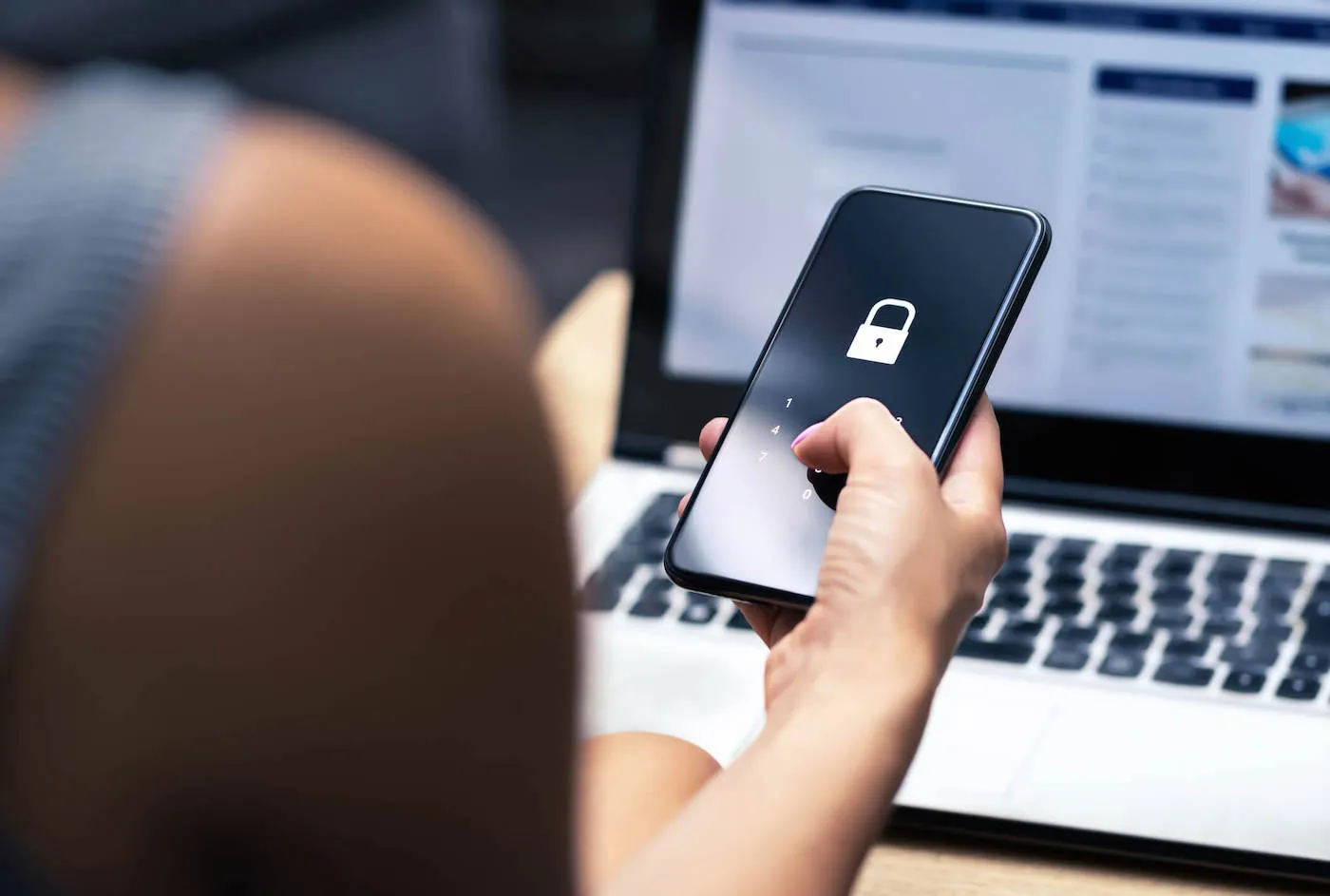What Is Doxxing and How Can Privacy Scans Prevent It?

How quickly could someone find your home address with just your Twitter handle? It might not take as long as you think. With just one or two associated pieces of information, such as your full name or city of residence, your online persona and your real-life private documents can come crashing together through a practice known as "doxxing."
Doxxing is distributing a person's private information—such as their Social Security number, address or phone number—to individuals, on social media or in another online forum. Protecting your information online could prevent it from getting out in the first place, which is an important defense against doxxing.
What Is Doxxing?
Commonly, someone's personal information is revealed via doxxing with the intent to prank, inconvenience or harm. This personal information may be posted online with the intent of involving others in targeted harassment or to expose embarrassing secrets. Digital aggressors may doxx in an attempt to extort money or information from someone. They may also do it as a means of revenge or vigilantism.
Doxxing is frequently used to turn someone into a target for harassment and ridicule, and it may have real-world consequences if it reveals something unsavory or personal about the subject. Careers or jobs may be in jeopardy, and friends and family may be shocked to see the information the scammer posts online. Information revealed in a doxxing can also be used to carry out physical harm.
Additionally, identity theft is a major concern when doxxing occurs. When personally identifiable information is made public, it could be taken by identity thieves and used elsewhere to open new accounts in your name or commit other forms of fraud.
What Are Privacy Scans?
Privacy scans are digital tools that search the internet for your personally identifying information. Once upon a time, the biggest threat to your personal privacy was your name, address and phone number getting printed in a physical telephone book or maybe making its way to a telemarketer's list. Now the sale of personal data is a $200 billion industry and growing, and your information may have made its way through data brokers to multiple different sites.
These multiple different sites are likely people finder sites. People finder sites find, collect and sell information about individuals to the general public. Data brokers buy and sell information through these marketplaces, constructing profiles that may consist of names, current and previous addresses, phone numbers and criminal records.
Typically this information is already public knowledge and accessible one way or another, perhaps through a town hall or the court system. But people finder sites take it a step further by aggregating it, posting it online and marketing it as for sale to anyone who types your name into a search engine.
You can find your own information more easily when you run a privacy scan. Experian's personal privacy scan lets you run privacy scans regularly to identify and remove private information posted online.
How to Protect Your Information
You can protect your personal information by taking steps to opt-out of data collecting companies like people finder sites as well as barring access to your data on social media. Steps you can take to protect your information include:
- Officially opt-out from data brokers' individual programs by sending in requests for people finder sites to remove your information.
- Lock down privacy settings on your social media accounts and consider making an account under a different name.
- Disconnect from family members on social media because you may be more easily linked to a shared location.
- Don't sign up for free rewards programs from stores that may sell your information.
- Add multi-factor authentication to your accounts to prevent access from another person.
- Make sure your phone number is unlisted and unpublished with your carrier.
- Use different passwords on each account to protect private information.
- Run privacy scans to keep an eye on when and where your personal information crops up online.
Take your first steps to protect your data and help prevent doxxing today when you sign up for Experian's personal privacy scan. You can get an instant assessment of where to start opting out of data listings and tightening up your own personal privacy. Doxxers can't use what they can't find, so protect your information online.
Monitor your credit for free
Credit monitoring can help you detect possible identity fraud, and can prevent surprises when you apply for credit. Get daily notifications when changes are detected.
Get free monitoringAbout the author
Emily Cahill is a finance and lifestyle writer who is passionate about empowering people to make smart choices in their financial and personal lives. Her work has appeared on Entrepreneur, Good Morning America and The Block Island Times.
Read more from Emily